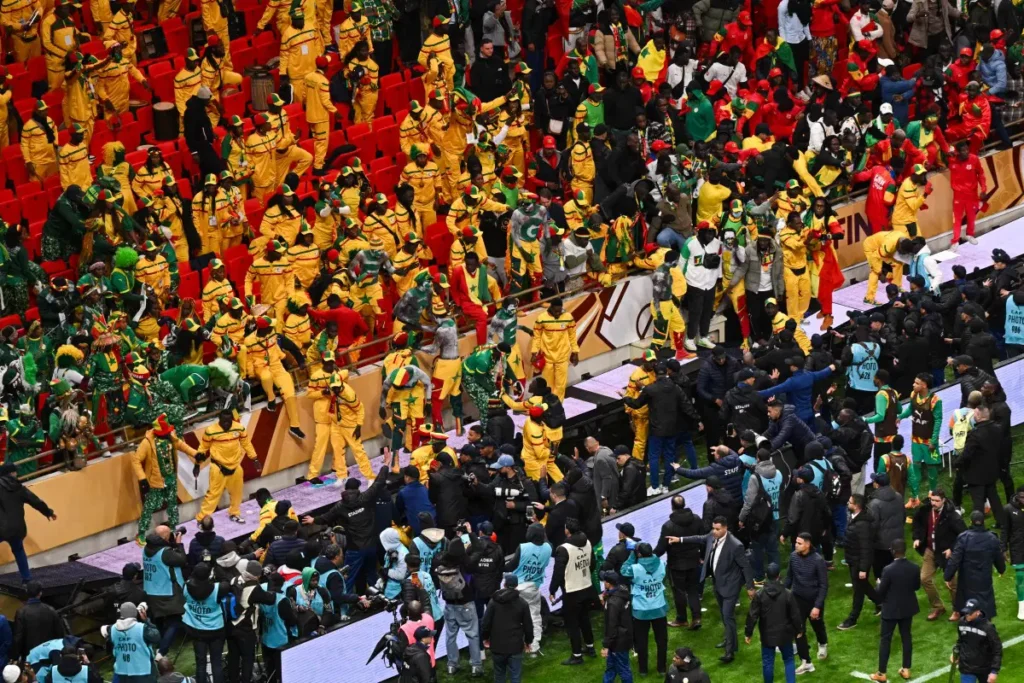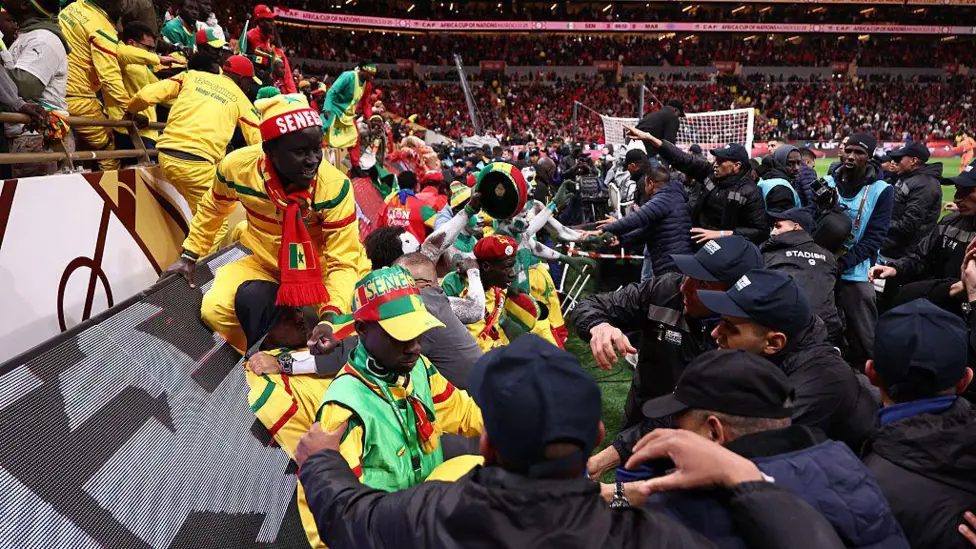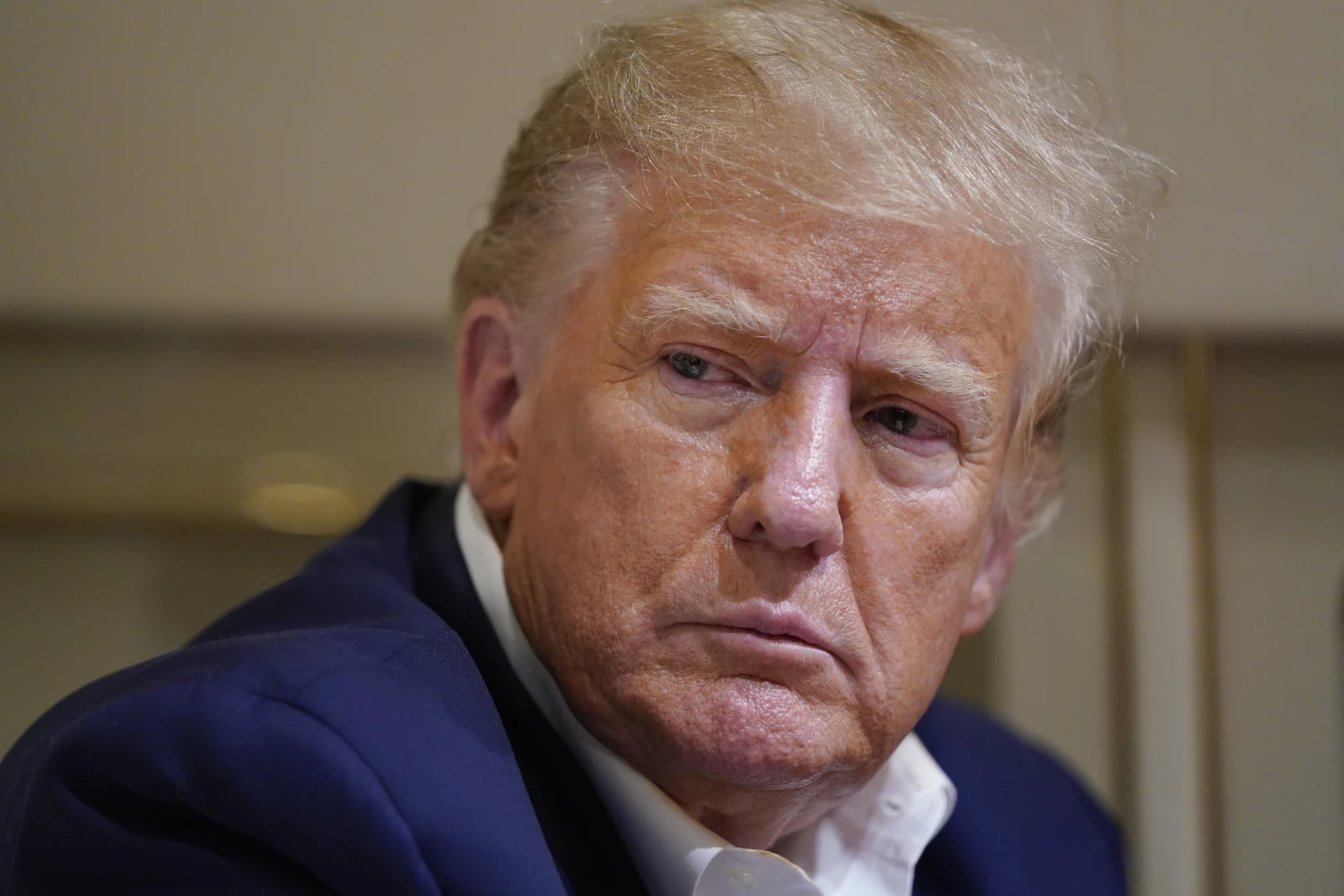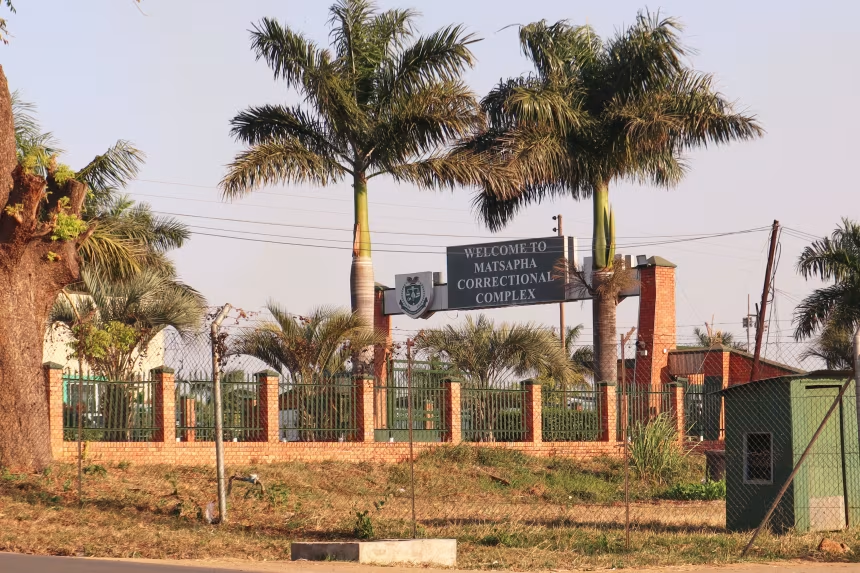Now Reading: From Morocco to Madagascar, Gen Z Uprisings Sweep Continents as Youth Take Digital Dissent to the Streets
-
01
From Morocco to Madagascar, Gen Z Uprisings Sweep Continents as Youth Take Digital Dissent to the Streets
From Morocco to Madagascar, Gen Z Uprisings Sweep Continents as Youth Take Digital Dissent to the Streets
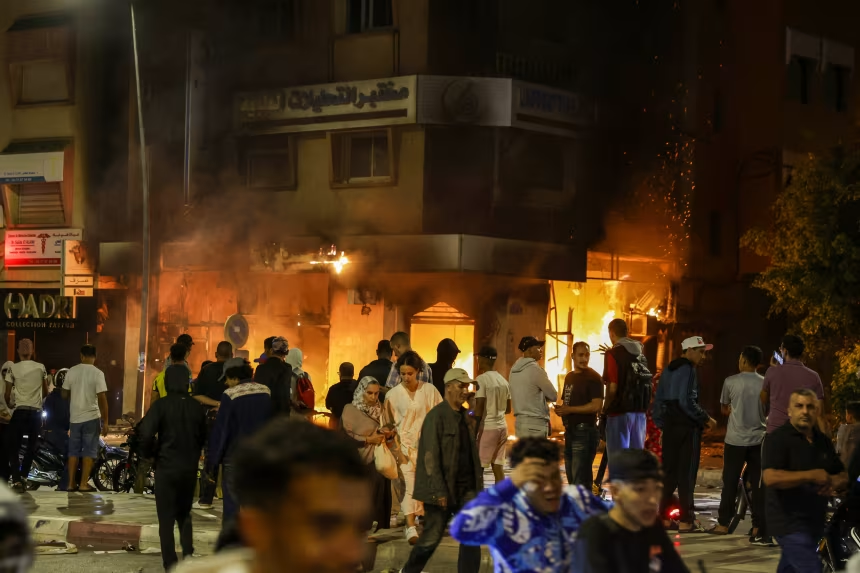
From North Africa to South Asia, a new wave of Gen Z-led protests is reshaping political landscapes, forcing governments to confront decades of inequality, corruption and neglect. What began as online frustration is rapidly turning into a global offline movement of defiance and demand for accountability.
Across Morocco, Madagascar, Peru, and Nepal, tens of thousands of young people have poured into the streets, calling out governments they accuse of prioritizing elites and foreign investment over public welfare.
Morocco’s ‘GenZ 212’ ignites wave of unrest
Moroccan cities have been rocked by nights of unrest led by a youth movement known as GenZ 212, demanding sweeping reforms in education, healthcare, and social justice.
Their anger intensified after several pregnant women reportedly died following routine C-sections in Agadir — a tragedy that exposed the country’s crumbling healthcare system. Protesters accuse the government of pouring billions into 2023 FIFA World Cup infrastructure while neglecting hospitals and schools.
With youth unemployment at 36%, frustrations have reached boiling point. Riot police have been deployed in multiple cities, leaving three people dead and hundreds injured. Despite government calls for “dialogue,” protesters insist on the resignation of Prime Minister Aziz Akhannouch.
Madagascar’s youth demand the president step down
Further south, Madagascar is facing its own youth revolt. Demonstrations over severe water shortages and power blackouts have evolved into full-scale anti-government protests, with young citizens demanding President Andry Rajoelina’s resignation.
Rajoelina, who first came to power through a 2009 coup, dissolved his government earlier this week after at least 22 people were killed and more than 100 injured, according to the UN — figures the government disputes.
“I heard the call, I felt the suffering,” Rajoelina said, pledging reforms as security forces continue to clamp down on dissent.
Peru’s youth challenge political decay
In Peru, students and young professionals have joined transport workers in nationwide demonstrations that began over pension reforms but have now expanded into a broader fight against corruption and repression.
President Dina Boluarte, who came to power after her predecessor’s impeachment, faces approval ratings as low as 2.5%, the worst in modern Peruvian history. Protesters accuse her of failing to tackle inequality and of overseeing deadly crackdowns that killed dozens after she took office.
Nepal’s Gen Z revolution inspires others
The flashpoint for this global wave may have been Nepal, where young protesters toppled the government in September after authorities attempted to ban social media. The demonstrations — which escalated into riots that left 22 dead — forced the resignation of the prime minister in less than 48 hours.
From Kathmandu to Lima, the message is spreading: Gen Z is no longer content to voice anger online. Across continents, this generation is transforming digital dissent into organized, street-level activism — one that could redefine global politics in the years ahead.
